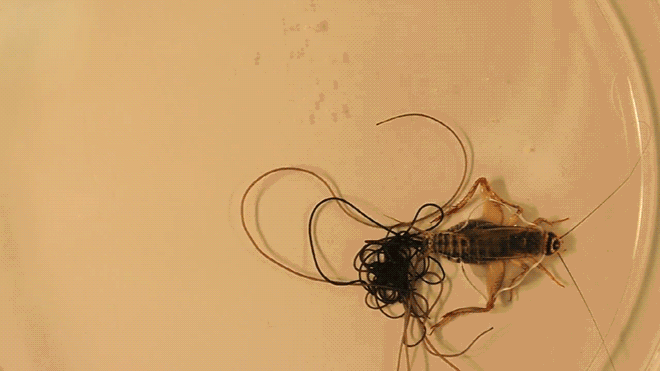

“ starts infecting mayfly larvae in a stream and when the mayfly becomes an adult, flies free, it will only live for a day or so before it dies, drops to the ground, that hairworm is still alive, gets eaten by a cricket and goes on to infect the cricket, grow in there, digesting every nonessential bit of tissue. Because we have a natural response of disgust to things like parasites, yet actually they play an incredible role in our ecosystems and are very, very important.”įor example, there are potentially up 2000 species of the horsehair worm and one in Japan has been found to help attract a source of protein for an endangered fish, called the kirikuchi char. “I would love to set up a charity saving the horsehair worm and most people think I'm mad. “And that's a horrible, horrible choice to have to make but there is no easy answer, and I think my answer to the question about how do we make these decisions, part of that is having conversations, listening to diverse voices, and really thinking about what do we want to achieve and why.”īut the problem is often our emotions get in the way of us realising the importance of preserving unseen bacteria or ugly and infamous creatures, she says. “How do we make that decision? Do we want that species to continue or do we want not to have to poison all these individual animals? If that species is not going to face extinction in the very near future, then we need to kill large numbers of introduced predators. “I'm going to think of a really classic tradeoff here that's particularly pertinent in New Zealand, is to keep some species still going for years to come. In our decisions of prioritising what to save, we need to also think about what our goals are, Nesbit says. “So we are going to be forced to choose and for a long time conservation has had various sins to answer for in human rights abuses, even when, for example, people were removed from their native lands to make way for national parks.” Some species are going extinct before we've even discovered them. “We simply don't have resources at the moment.


While we are losing species at an alarming rate, we must admit that we cannot save everything, Nesbit tells Kathryn Ryan.


 0 kommentar(er)
0 kommentar(er)
